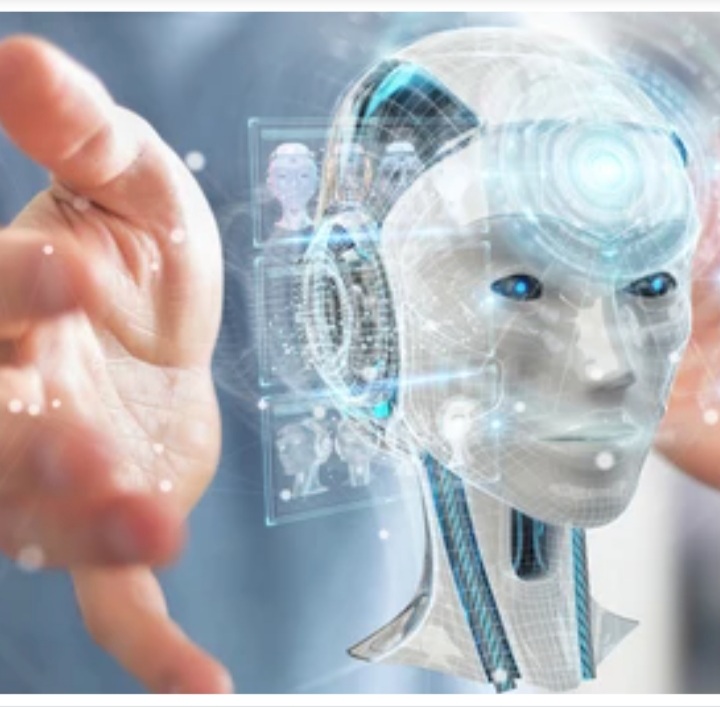Do machines understand Africa? This is the query that Meta began answering this month.The publication of a research paper (pdf) outlines intentions to improve the precision with which AI algorithms decipher AI languages in Africa.
The plan is anticipated to investigate 55 of Africa’s minority languages and enhance how AI machines translate them on Instagram, Facebook and Wikipedia. If successful, the plan could increase the level of technological inclusion in Africa’s development and adoption of technology solutions.
Mark Zuckerberg, the chief executive officer of Facebook, announced the news on his Facebook profile, saying his firm will deploy a supercomputer with advanced natural language processing (NLP) abilities to lead the translations.
We also collaborate with expert translators to provide human evaluation alongside machine testing. This means that people who are native speakers of the target languages would analyze the results produced by the AI.
Because only a few languages now predominate on the internet, only a small percentage of the world’s population can access material and add to the internet in their native tongue. This is something that we want to alter,” he explains.
Meta: No language is left out
There are around 4 billion individuals worldwide who cannot use internet services because their native languages were prejudiced against, and they don’t speak any of the few languages in which material is available. Africa is home to 13.5percent of the world’s population yet contributes less than 1 percent of the world’s research. This disparity is partly attributable to the difficulty of communicating over language hurdles.
AI models need a lot of data to learn, yet there isn’t a lot of human-translated training data for such languages. For example, over Twenty million people speak and write in Luganda, yet examples of this written language are incredibly difficult to discover on the internet,” Meta writes in the paper.
Human translators hoped to assist the company in developing a solid benchmark that can automatically measure translation quality for various marginalized and low-resource languages.
In addition, the open-source AI system will translate one hundred forty-five additional languages from around the world that aren’t covered by any existing translation systems.
This undertaking is known as the No Language Left Behind effort. To give you an idea of the scope of the project, the two hundred-language models contain more than fifty billion parameters, and we trained them on our breathe-new Research SuperCluster, which is among the fastest artificial intelligence supercomputers in the world, according to Zuckerberg.
This will allow for over 25 billion translations to be performed each day across all of Meta’s apps, and it will assist Meta’s AI engines in displaying the fascinating social media content in local languages and recommending more pertinent advertisements.
Breakthrough for social media platform.
This has the potential to be a game-changer in situations where social media platforms like Whatapp, TikTok, Facebook, and YouTube, have been unsuccessful, such as regulating body shaming, bullying disinformation, sexual exploitation, political hate speech, fake news, human trafficking, and sexual exploitation, in Africa.
Because Africa does not have access to top-notch translation technologies for the region’s hundreds of languages, millions of individuals living there cannot access digital information or effectively participate in online dialogues or online marketplace in their chosen local languages.
There are daily instances of language barriers on the continent of Africa, which has a very high level of linguistic diversity.
“Imagine going to your favorite Facebook group in the future, coming across a post written in Luganda or Igbo, and being able to comprehend it in your native tongue with the simple click of a button. The public policy director for Africa at Meta, Balkissa Ide Siddo, said.
In May of this year, Google Translate was updated to include ten additional African languages, while at the same time, Africans have been working to improve Wikipedia’s language issues.
 We just launched our WhatsApp channel. Want to get the latest news from the Tech in Africa?
We just launched our WhatsApp channel. Want to get the latest news from the Tech in Africa?



